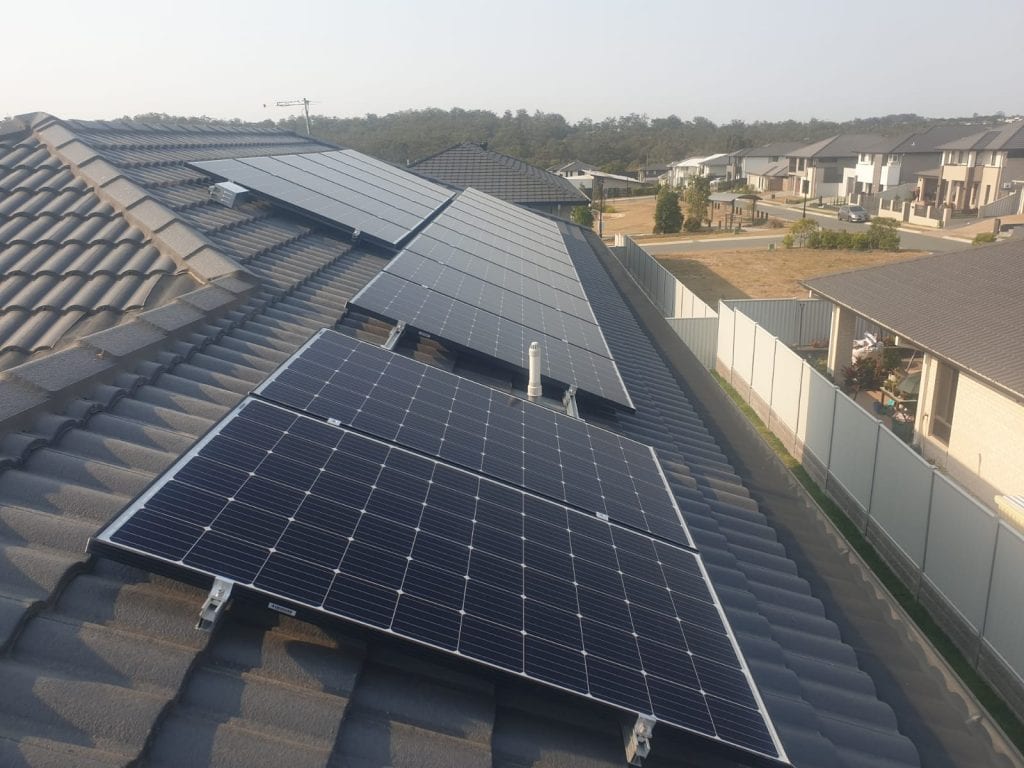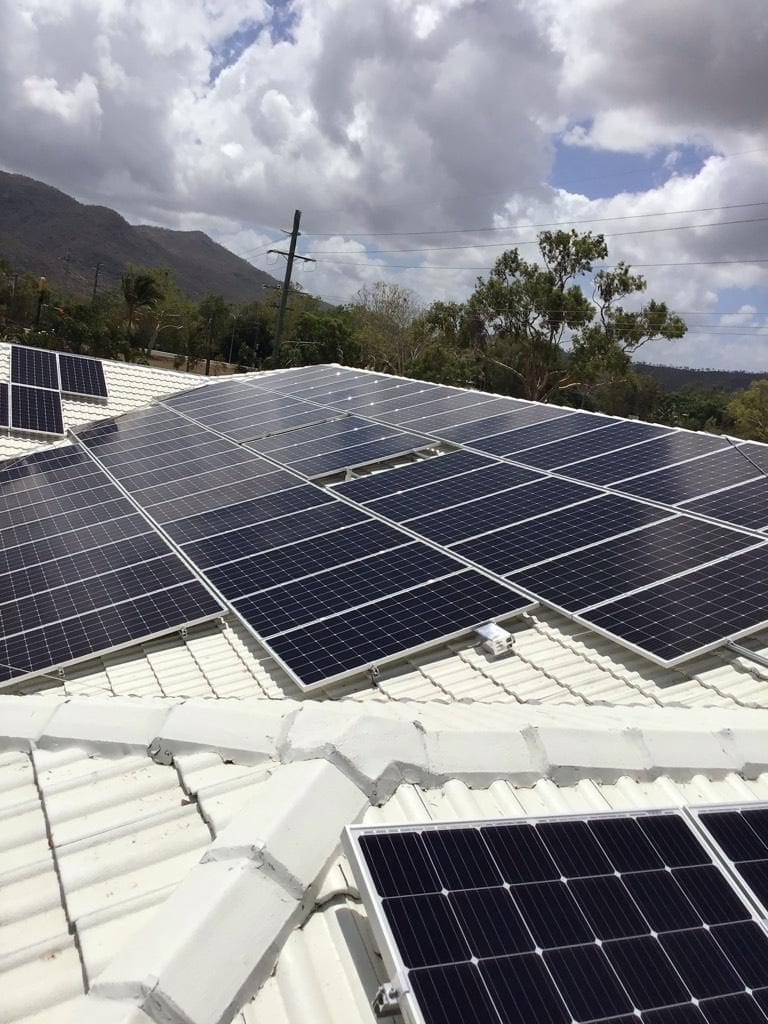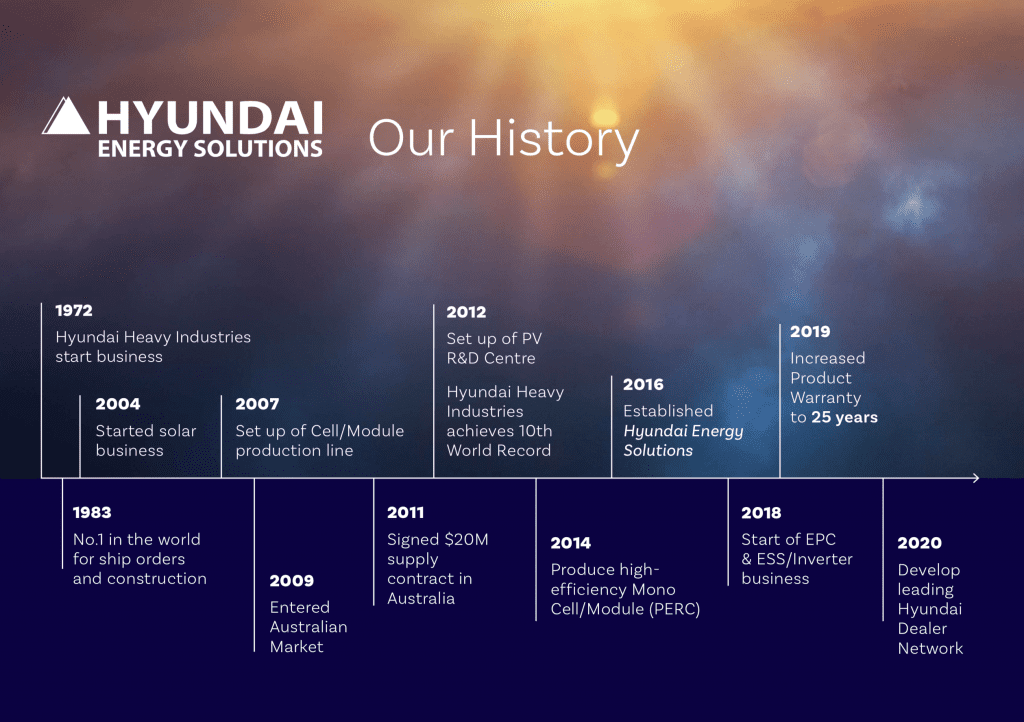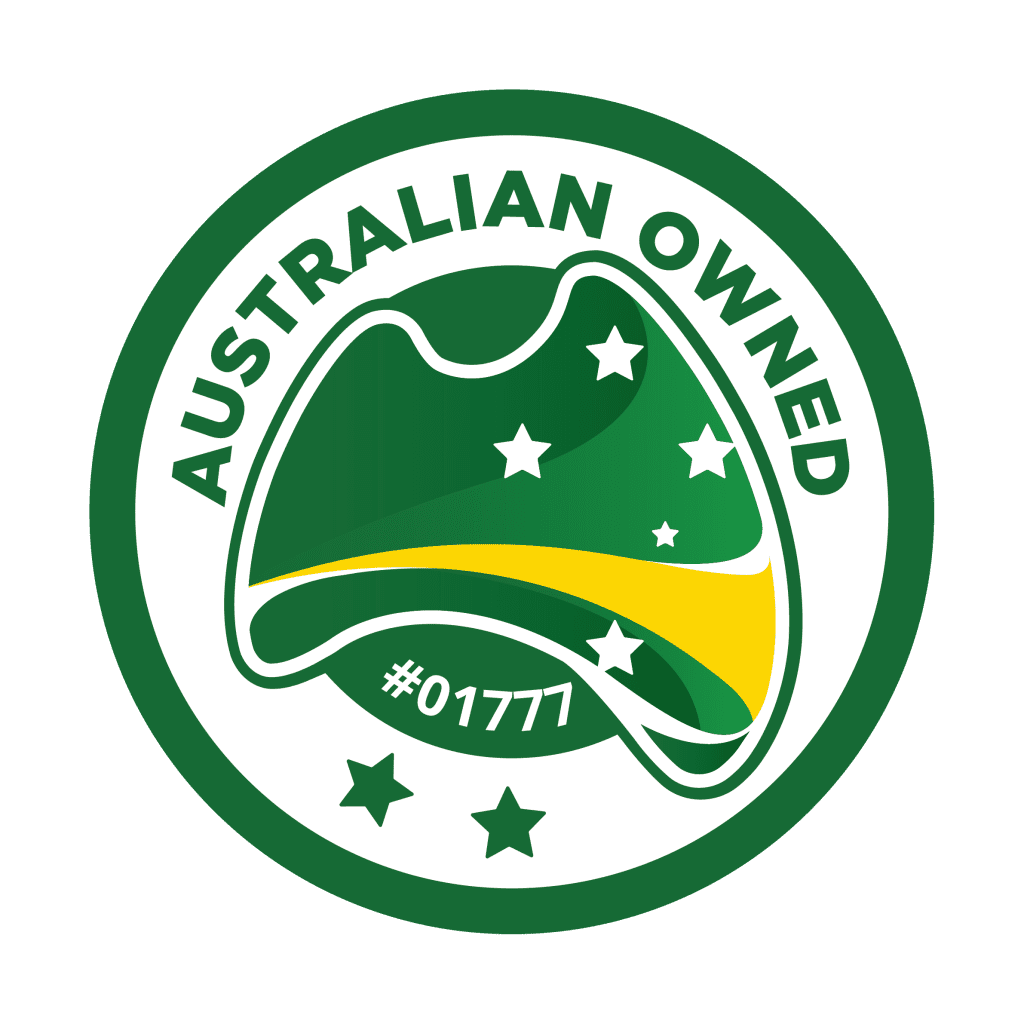Warranty and tech support today: 9
Warranty and tech support long-term: 8
Performance: 7.5
Price: 8
Value for money: 8
Total Rating: 8.1/10
I’m sure you’ve heard of Hyundai. The South Korean conglomerate is one of the largest companies in the world. All Hyundai name companies combined, have an annual turnover in the hundreds of billions of dollars. Hyundai features in Forbes 2019 Most Valuable Brands and its Global 2000.
Founded in 1947, Hyundai is a highly diversified brand. Most consumers know it for Hyundai Motor Group. As a part owner of Kia Motors, the South-Korean brand is the third-largest automotive manufacture globally.
On a side note, Hyundai Heavy Industries (HHI), formed in 1972, is primarily focusing on shipbuilding. Over the years, the company has been involved in oil rig engineering, power plant engineering, desalination and robotics.
In 2004, the company entered the rapidly growing solar energy market as Hyundai Green Energy.
Pronunciation
As someone who lived in South Korea, I feel obliged to mention something about the pronunciation of Hyundai. English speakers have a variety of ways to pronounce the brand: hyun-day, hee-un-day, hy-un-die (which camp are you in?). In Korean, it’s a two-syllable word – hyon/hyun, which rhymes with gone, and dae/tae, as in the start of teddy (bear).
Anyway, now you can impress your Korean friends!
Why are they good?
Hyundai were originally selling solar panels in Australia in the 2000’s but left the market in 2011. After a few years of research and development, they’ve recently returned to the Aussie market with two products: the RG Series, and the RI Series.
Many manufactures, for instance Jinko, make a huge variety of panels. In 5W increments from 250W to 400W, each with different efficiencies and technologies. Talk about the paradox of choice!
A New Approach On Solar
Hyundai has taken a different approach, and currently sell only a single panel in 60 cell and 72 cell variations, therefore, when you buy a Hyundai solar panel, you know you’re buying the product they put all their R&D into.
The Panel Under Review
Update – see our review for the Hyundai SG Series Shingled panel here.
The RG Series is their 60 cell panel, measuring 1640x992mm. It’s a 300W panel, with 18.44% efficiency. The RI Series is the 72 cell panel, measuring 1956x992mm. This extra 30cm gives an extra 60W for 360W total, at an overall solar efficiency of 18.55%. Both are monocrystalline PERC panels, with a power temperature coefficient of -0.41%/°C. They claim to have eliminated LID (Light-Induced Degradation) and PID (Potentially Induced Degradation). In other words, they stay working well for longer.
In addition, they’re corrosion-resistant and have passed the UL safety and VDE quality tested. TUV have certified them as IEC 61215-2 and IEC 61730-2 compliant. These high efficiency solar panels are manufactured either in Korea, Vietnam, or China.
OK, so far, we’ve determined Hyundai’s newest energy reduction products are a solid, middle-of-the-market solar panel choice – latest technologies, high power output and decent efficiency, certified and made-to-last. But now for the killer feature – the warranties.


Competitor’s Warranty
Most solar panels on the market have 10 to 15-year product warranties, and 25-year performance warranties. Product warranty covers product failure; performance warranty covers the panel becoming dramatically less efficient.
For example, Jinko, Seraphim, REC and Trina have 10/25 product/performance warranty. Risen are slightly better at 12/25, whereas Phono has a warranty of 15/25. LG and SunPower are significantly more expensive; however, have a 25 year product warranty and a 25 year performance warranty on its solar panels.
Hyundai’s Warranty
Hyundai offers 25/30 on their 300W residential panels, at a price-point similar to the 10/25 panels, which means they guarantee a low performance degradation. And, given the strength of the Hyundai brand, you know they can cover their warranty even 30 years down the line. As an added peace-of-mind, they’re a Bloomberg New Energy Finance Tier 1 panel, and a Blue Chip Solar Company – both measures of how financially safe (bankable) a company is.
In addition, Hyundai Green Energy also has an office in Sydney, so if you do have any problems, they’re just a phone call away.
Conclusion
What we have here is an excellent panel, designed and manufactured by one of the best-known companies in the world, from a country famed for technological advancement (also home to LG and Q-CELLS, famed for high-quality and high-price solar panels). They’re priced very competitively, in the same range as the mass-produced Chinese panels and have by far the best warranty in the market.
If you want a mid-high-end panel on a mid-price budget with added peace-of-mind, you can’t go wrong with Hyundai.
Written by Mr James Gibbins, our in-house Engineer who has completed a Master’s degree in Electrical and Electronics Engineering.











